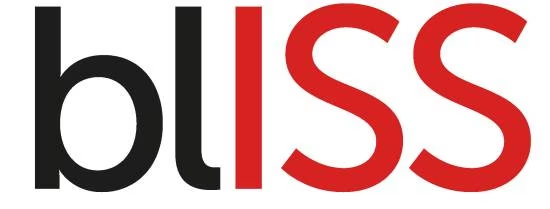By Helen Hintjens and Jos van Oijen
Genocide denial is an obstacle to meaningful reconciliation and healing in Rwanda, a country struggling to recover from the deep scars left by the 1994 genocide. In this article, Helen Hintjens and Jos van Oijen show that genocide denial has evolved over time, shifting from outright denial to relativizing the genocide by referring to other forms of violence, or recasting it in a way that shifts the blame to the victims and perpetrators while keeping bystanders such as international organizations out of the spotlight.
Read full article: "From outright denial to blame-shifting: three guises of genocide denial in Rwanda"
About the authors:
Helen Hintjens is Assistant Professor in Development and Social Justice at the ISS, working in the field of migration.
Jos van Oijen is an independent researcher from the Netherlands who publishes on genocide-related issues in various online and print media.
- More information
What is BlISS?
Bliss is the blog of the International Institute of Social Studies on global development and social justice. It aims to provide a space where research ideas and findings are brought to the development community in a timely way. With the blog, ISS will address different audiences in policy, practice and the public at large.
Want to receive updates on new posts? Sign up to Bliss today!

